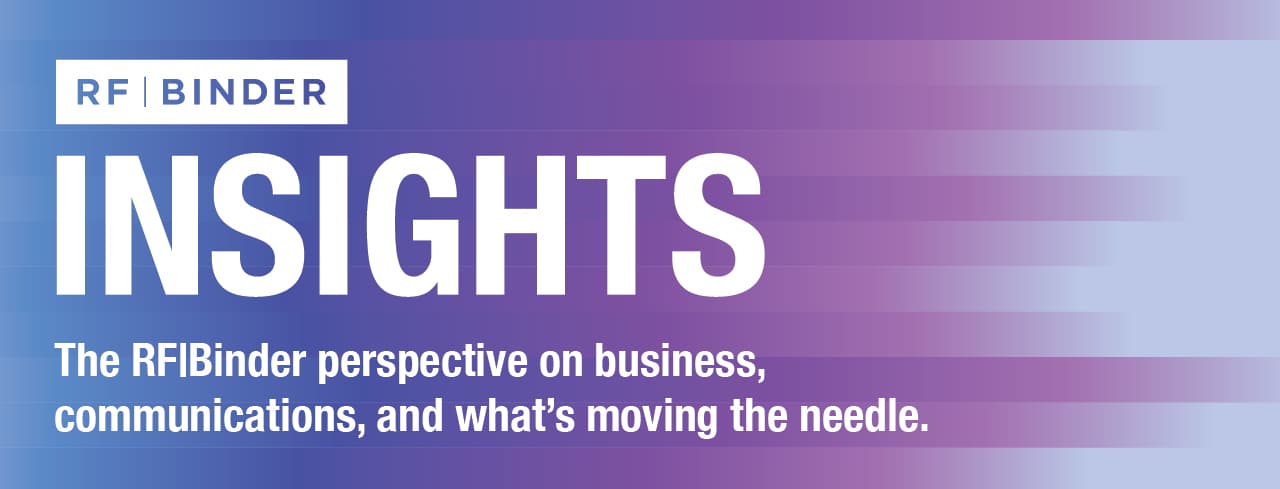The Big Story
TikTok’s Up-Hill Battle on Capitol Hill
Earlier this month, The House of Representatives passed legislation calling for TikTok to either find a buyer or face a nationwide ban in the United States. President Biden has voiced his support for the bill if the Senate, which remains uncertain, decides to pass it. If enacted, TikTok would have six months to sell or risk being banned, with app stores and web hosts barred from offering the platform under foreign ownership.
The House bill highlights growing bipartisan concerns about TikTok’s potential to compromise Americans’ data security and privacy. Despite TikTok’s claims of implementing safeguards such as transferring U.S. user data to servers controlled by American companies, there are still doubts about China’s ability to access personal information through its legal mandates.
Already in hot water, the temperature just turned up a notch as the Federal Trade Commission (FTC) gears up to take legal action against the social giant. According to reports, the FTC has been investigating TikTok’s practices for the past two years, particularly focusing on accusations that the company, along with its parent company ByteDance, misled users regarding data access in China and violated children’s privacy laws. Notably, in 2019, a previous version of TikTok settled with the FTC over alleged violations of children’s privacy laws, signaling a history of regulatory challenges.
The potential legal action could result in a big financial hit for TikTok, especially if found in violation of the Children’s Online Privacy Protection Act (COPPA). With fines for COPPA violations exceeding $50,000 per violation, TikTok could be faced with billions of dollars in penalties.
TikTok’s legal troubles extend beyond Capitol Hill as the European Commission has initiated a probe into whether the company breached online content rules and privacy settings. Additionally, Canadian privacy regulators and a group of state attorneys general are conducting their own investigations into TikTok’s practices.
The outcome of all of this could have significant implications not only for TikTok but also for the broader regulatory landscape governing online platforms and data privacy. As bipartisan criticism of TikTok continues to climb, the company finds itself at the center of a complex legal and regulatory battle with far-reaching consequences.
Social Updates
Facebook Caught Creeping on Competitors
Already under the gun for other lawsuits, new documents have just surfaced from 2016 outing Facebook’s secret project to snoop on competitors Snapchat, Amazon, and YouTube. The top-secret plan, internally coined “Project Ghostbusters,” set out to give Facebook a competitive edge by better understanding user behavior from competitor apps. In order to access this intel, Facebook had to develop special technology to decrypt competitors’ encrypted app traffic. They leveraged their 2013 acquisition, Onavo, a VPN-like service, to help read through network traffic before it got encrypted and sent over the internet. Ironically enough, Onavo was shut down by Facebook in 2019 for deceptive data collection practices.
LinkedIn Experiments with TikTok-like Video Feeds
LinkedIn is the next social app to follow in TikTok’s footsteps, recently announcing their test of a short-form video feed. Although very much still in its infancy, the feed resides in a new “Video” tab in the app’s navigation bar. Users can swipe through a vertical feed of short videos, engaging with them by liking, commenting, or sharing. However, the company hasn’t disclosed how videos are selected for the feed. While similar to other platforms’ short-form video feeds, LinkedIn’s focus on professional content aims to enhance engagement and discovery on the platform by offering quick, career-centric videos.
Elon Musk Expands Usership of AI Chatbot Grok on X
Elon Musk’s Grok AI chatbot is set to become accessible to more users via X, expanding from Premium+ to all Premium subscribers this week. Grok, originally known as TruthGPT, offers various modes including ‘Fun Mode’ and ‘Unhinged Fun Mode’, promising to be ‘anti-woke’. Musk initially called Grok, the “maximum truth-seeking AI that tries to understand the nature of the universe.” Despite Musk’s move potentially aimed at increasing subscriptions amid a reported usage decline, questions linger about Grok’s stance on social issues and Musk’s ongoing legal battle with OpenAI over its transition to a for-profit model, contrasting with Musk’s previous advocacy for open-source AI.
Digital Updates
Google Beta-Tests AI Overviews in SERPs
Google has begun testing AI overviews directly in the main Google Search results, even for users who haven’t opted into the Google Search Generative Experience (SGE) labs feature. This feature is being introduced gradually to a small percentage of U.S. search traffic. Initially, Google is focusing on complex queries where generative AI can provide valuable information from various web pages. The purpose is to gather feedback from a wider audience and assess the usefulness of this technology. However, the presence of these AI overviews may interfere with organic search results and paid search ads, potentially hindering website traffic. This change signifies Google’s ongoing experimentation with AI-driven search enhancements.
The EU Forces Amazon to Publish Ads Library
The EU’s highest court has mandated that Amazon publish information about advertisements on its platform in a publicly accessible archive, following a legal challenge. Amazon’s previous suspension was overturned due to the European Commission being denied the opportunity to comment on the matter. This decision is a win for transparency on online platforms, forcing Amazon to disclose its ad activities. Despite ongoing legal disputes, Amazon is expected to comply with the Digital Services Act, facing potential investigations and huge fines for non-compliance. The company expressed disappointment but affirmed its commitment to working with the European Commission on DSA obligations.

